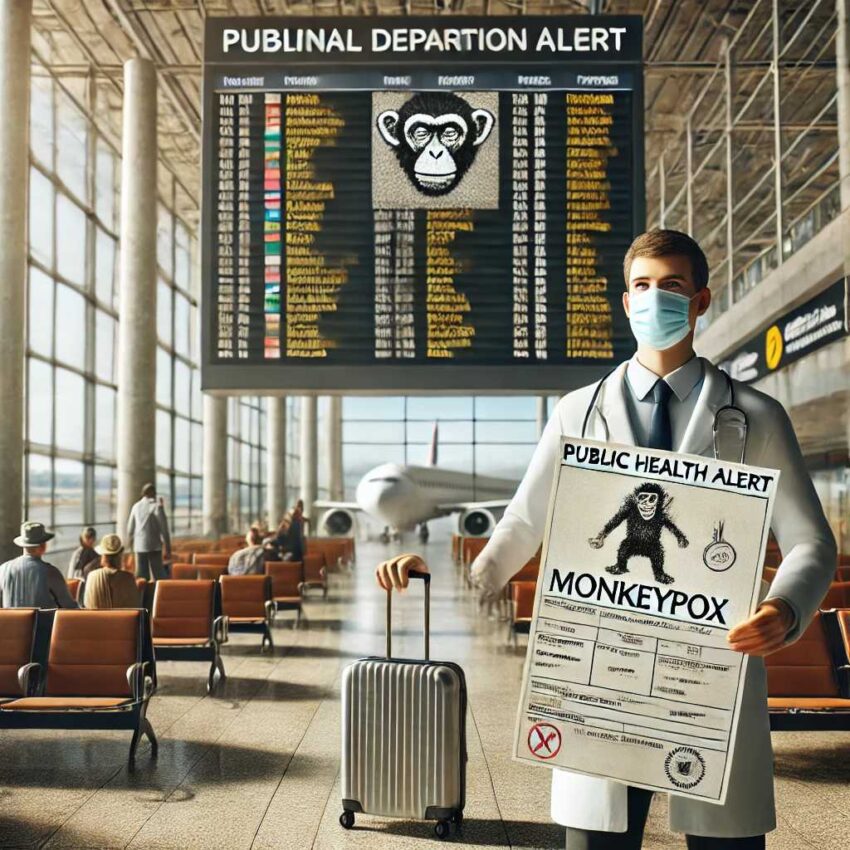Friday, August 16, 2024 Travelers Advised to Consider Monkeypox Vaccine Before Visiting Affected Areas Travelers planning to visit regions in Africa affected by Monkeypox should consider getting vaccinated, according to new advice from health authorities. The European Centre for Disease Prevention and Control (ECDC) has updated its recommendations in response to outbreaks of a new strain of the virus, which could also lead to cases in other continents, including Europe. Despite the World Health Organization recently declaring the Monkeypox situation a global emergency, the ECDC assesses the risk of widespread transmission as low.
Monkeypox , formerly known as monkeypox, spreads through close contact with an infected person. Those previously vaccinated against mpox may require only a single booster dose instead of the full two-shot regimen. Booster doses are recommended every two to ten years for individuals at ongoing risk of exposure.

Recent reports from the Democratic Republic of Congo (DRC) indicate that the new mpox strain, Clade 1b, has been linked to at least 450 deaths. Experts believe this strain may be spreading more easily and could cause more severe disease. Mpox can be transmitted through: Pamela Rendi-Wagner from the ECDC emphasized the importance of being prepared: “Due to the rapid spread of this outbreak in Africa, the ECDC has increased the level of risk for the general population in the EU/EEA and travelers to affected areas.
Given the close ties between Europe and Africa, we must be ready for more imported Clade 1 cases.” Although there have been no confirmed cases of Clade 1b mpox in the UK, experts warn that international efforts are essential to prevent its spread. A case of mpox was recently detected in Sweden after an individual contracted the virus during a stay in an affected area of Africa.
The ECDC urges public health authorities to plan and prepare for the swift detection of any additional cases that may reach Europe. The previous mpox public health emergency, declared in 2022, was caused by a different, milder strain called Clade 2. Despite the availability of effective vaccines, there is concern that not enough doses are reaching the regions where they are most needed.
.



















